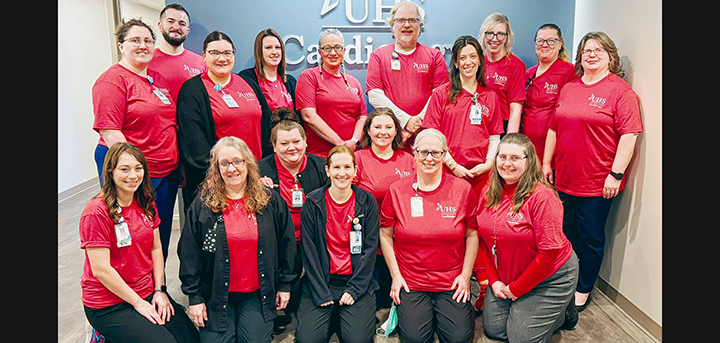Mental health services: Doing more with less
NORWICH – After her first year on the job, Chenango County Community Mental Hygiene Services Director Ruth Roberts says she’s not the most popular person at work right now.
The federal government’s 1.1 percent cut from all Medicaid-based programs, New York’s budget crisis and more individuals requiring mental health care have taken a toll on the department. Roberts says she has nowhere else to turn, but to address employee productivity.
“There are federal changes that are difficult. The demands on clinicians is like nothing they’ve seen before. I tell them (the staff) it’s not going to go away,” she said.
Moreover, a New York State Office of Mental Health audit begun almost simultaneously upon Roberts’ arrival last year has indicated that more than $82,000 in errors going back to the years 2003-2005 were discovered. Most were the result of missing signatures and dates of services not lining up with billing dates.
While Roberts said the findings aren’t official yet, she’s already implemented a corporate compliance effort to get employees to self-disclose errors up front and has become relentless about stressing correct documentation.
“It doesn’t make me very popular,” said the new director, who oversees a 48-member clinical staff. Roberts took over from former director MaryAnn Spryn, who retired after 21 years.
Both the county treasurer’s office and members of the Finance Committee say it could have been a lot worse.








Comments